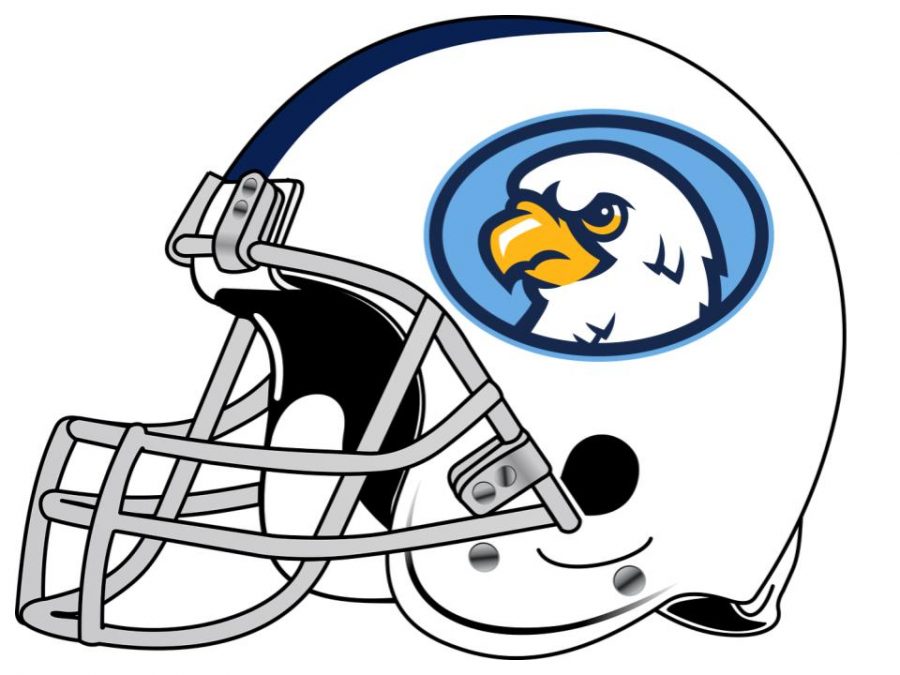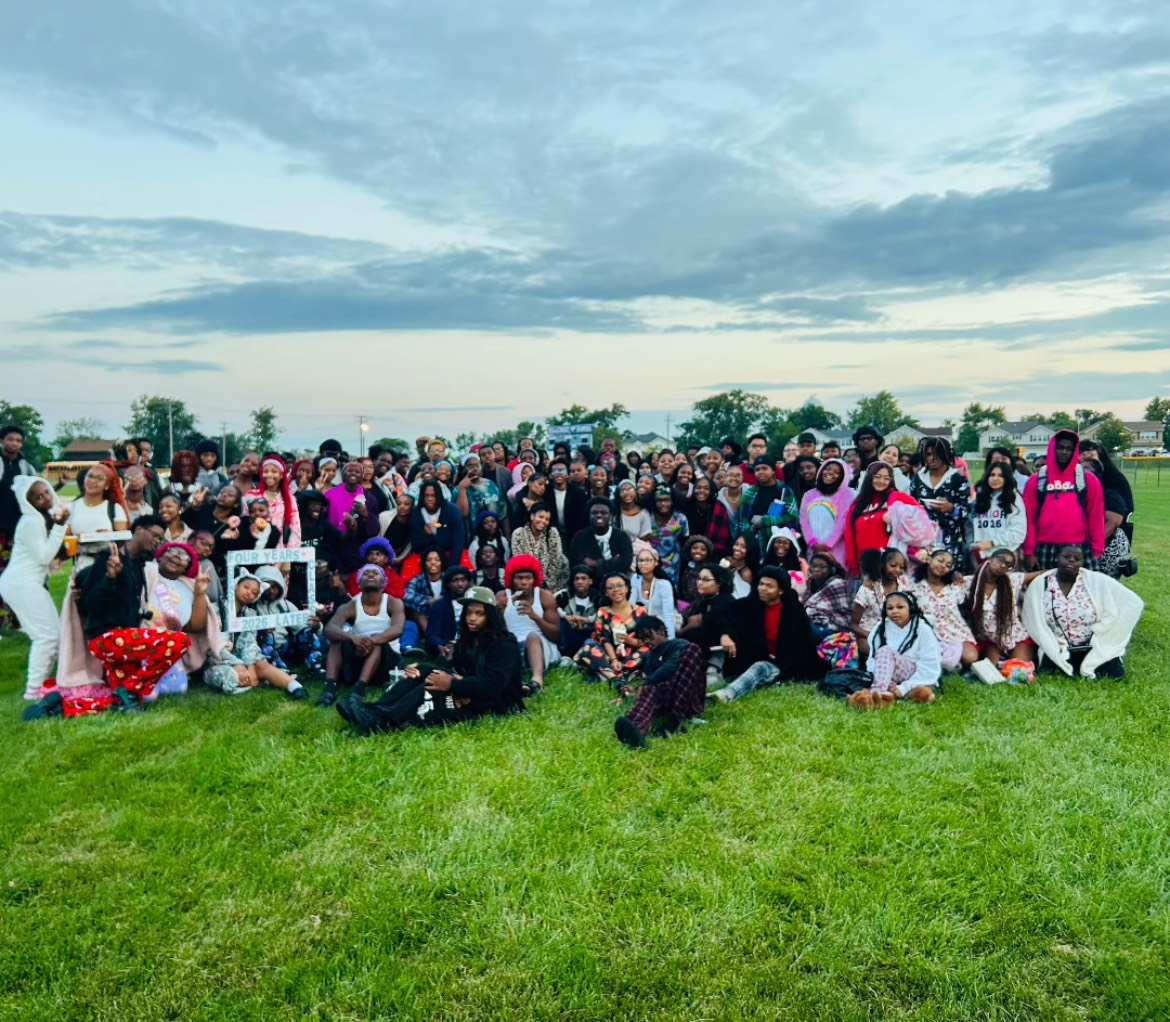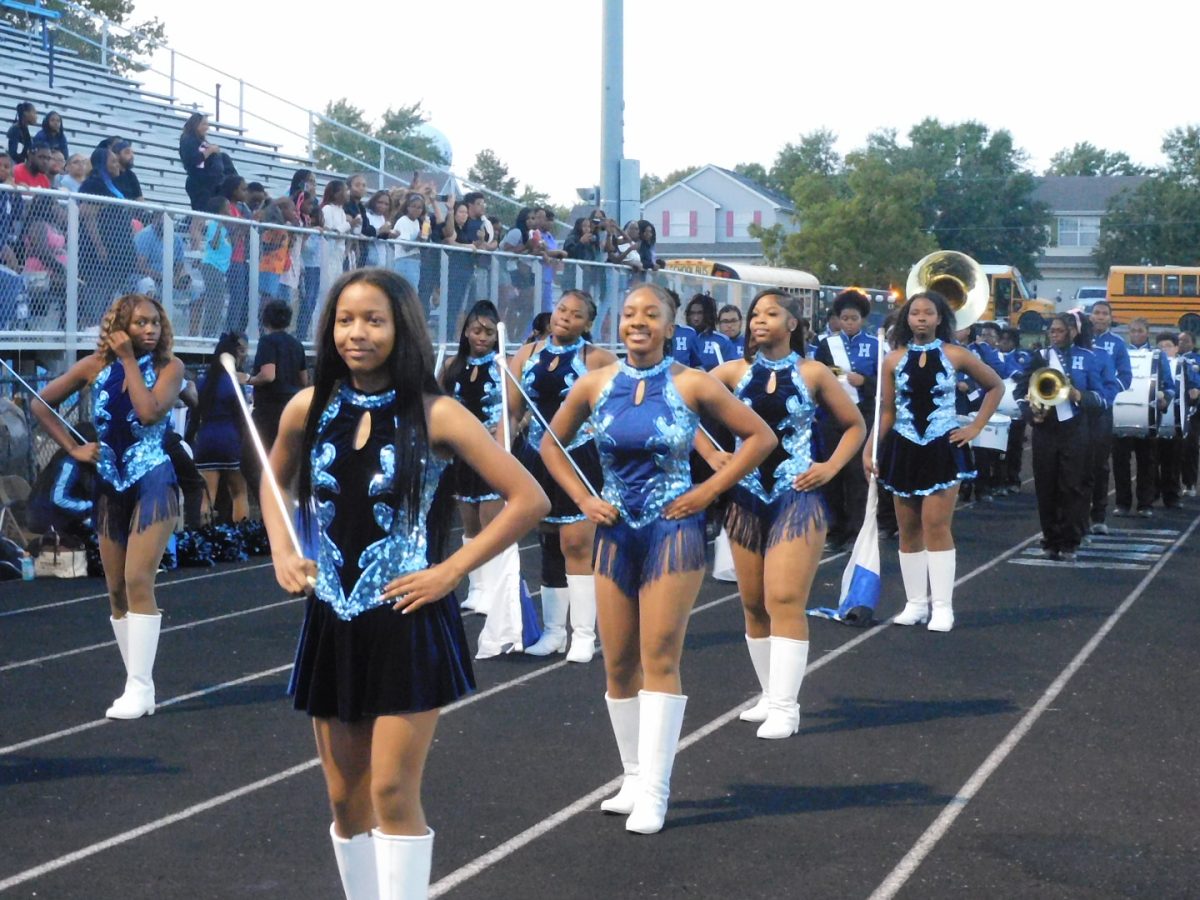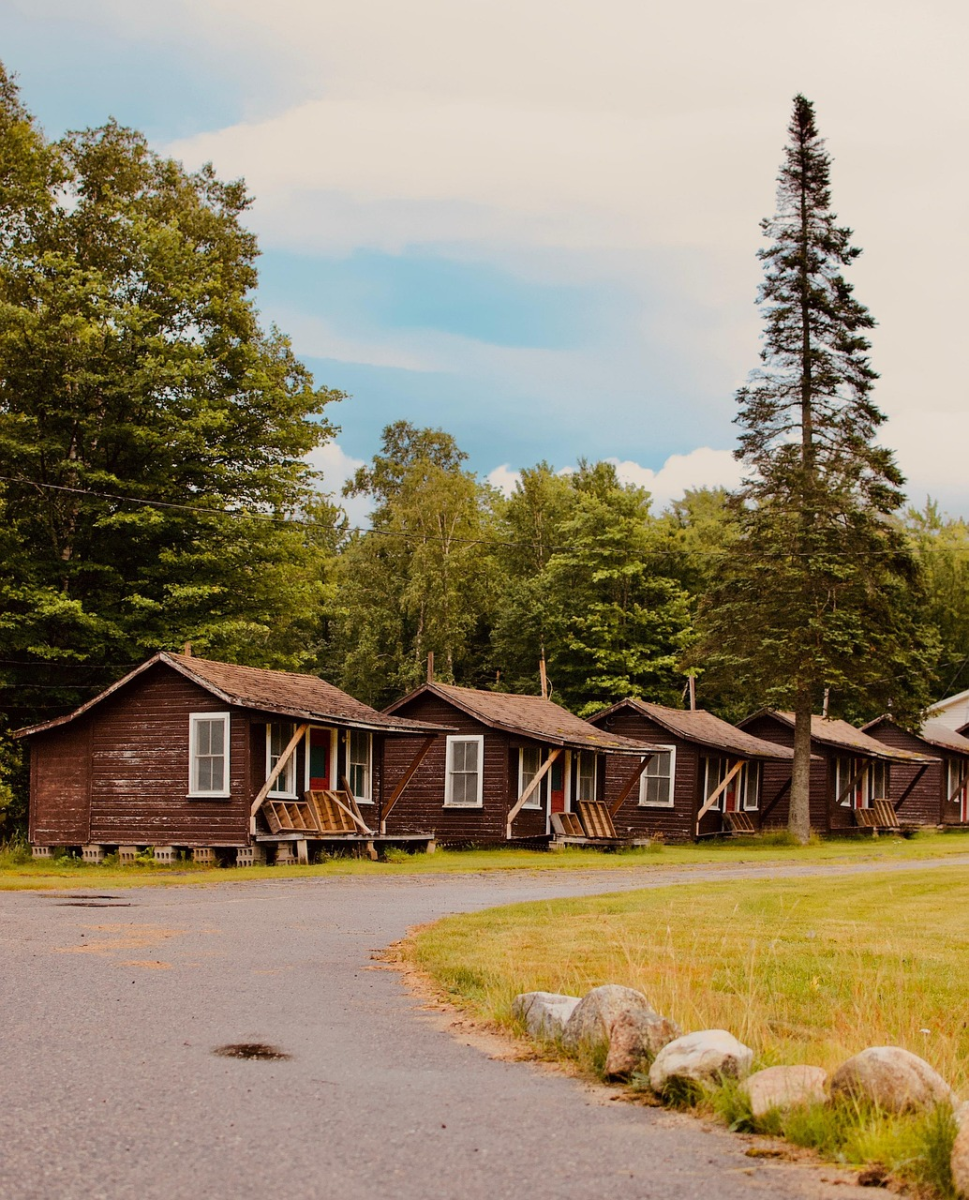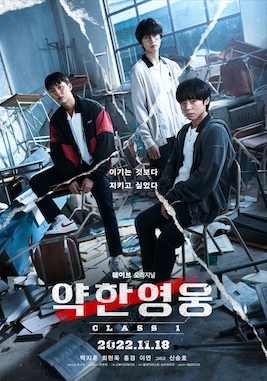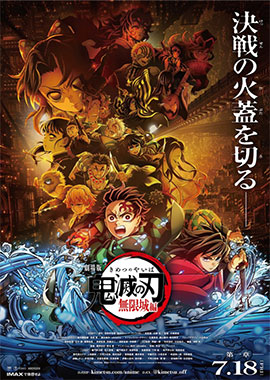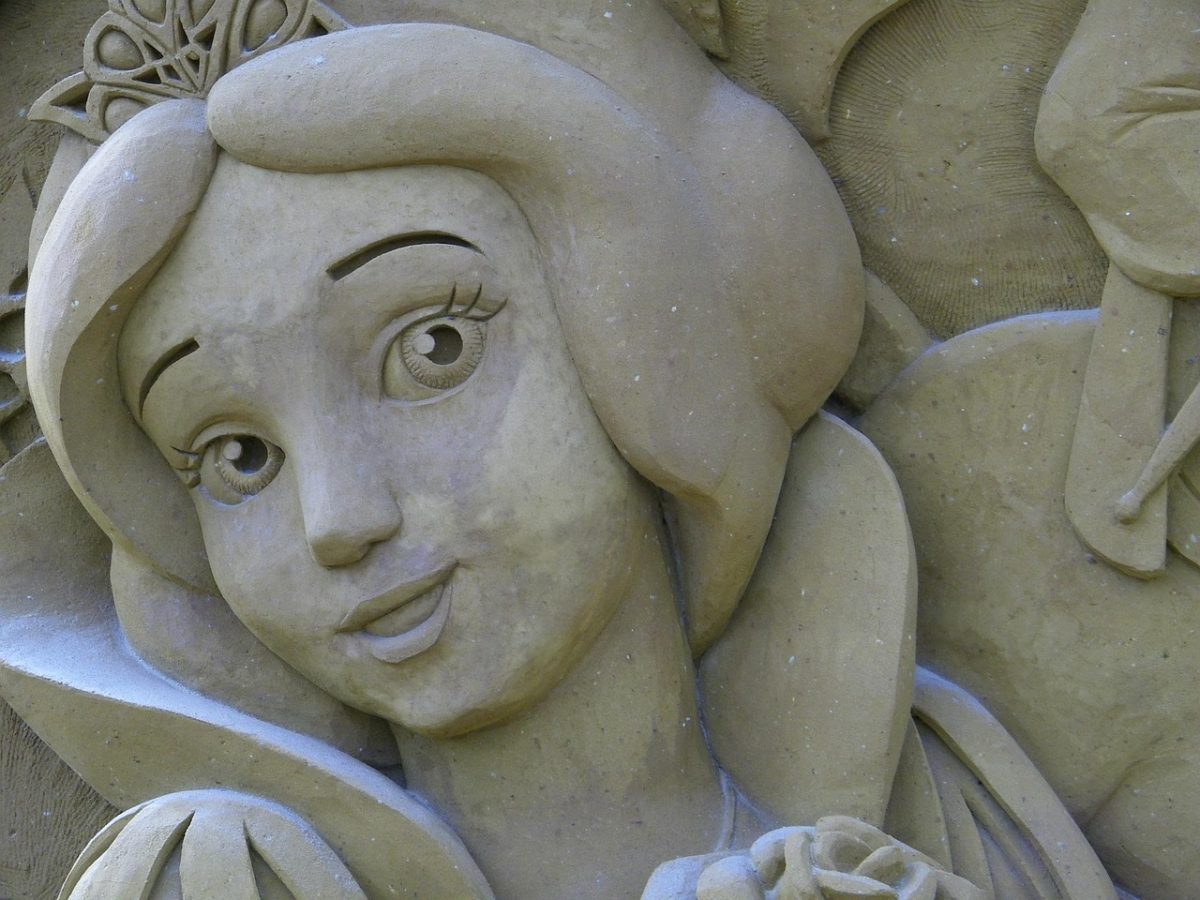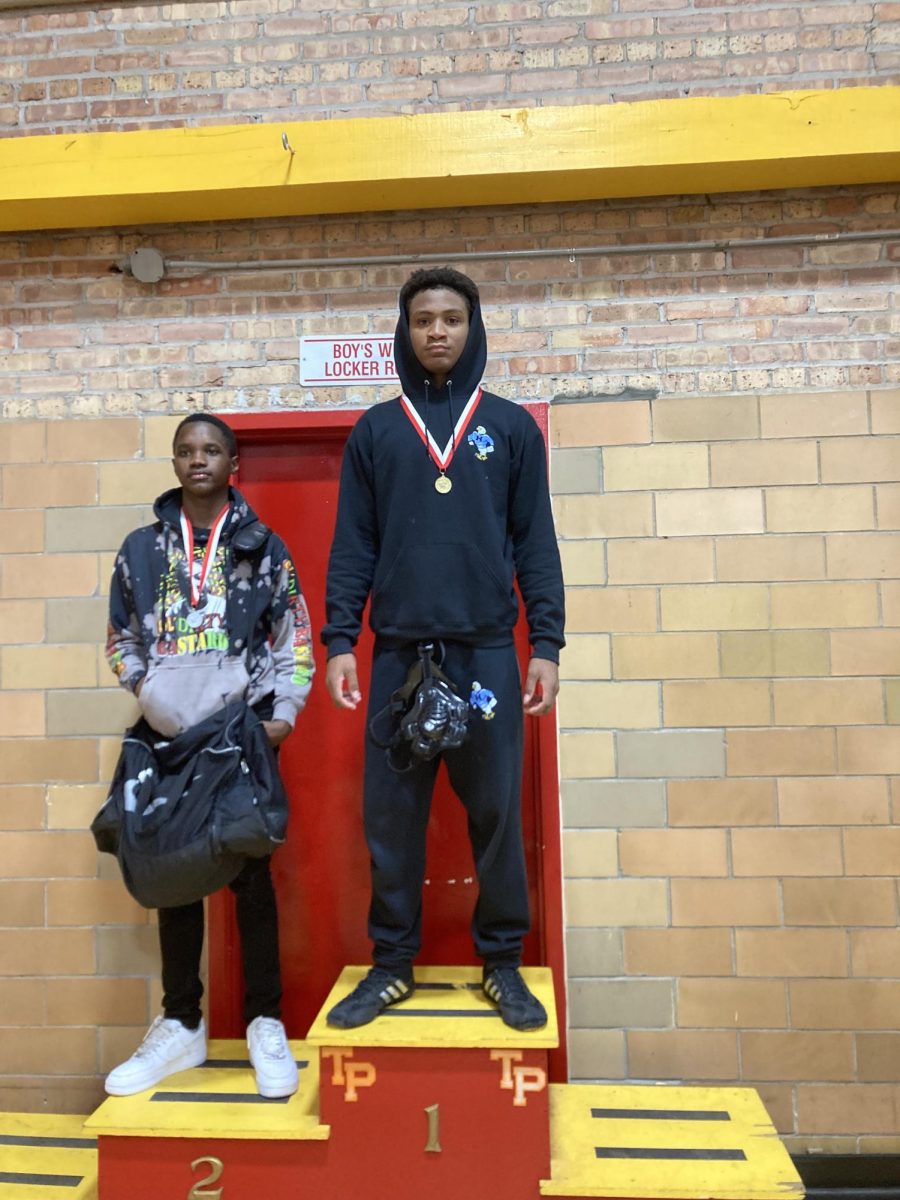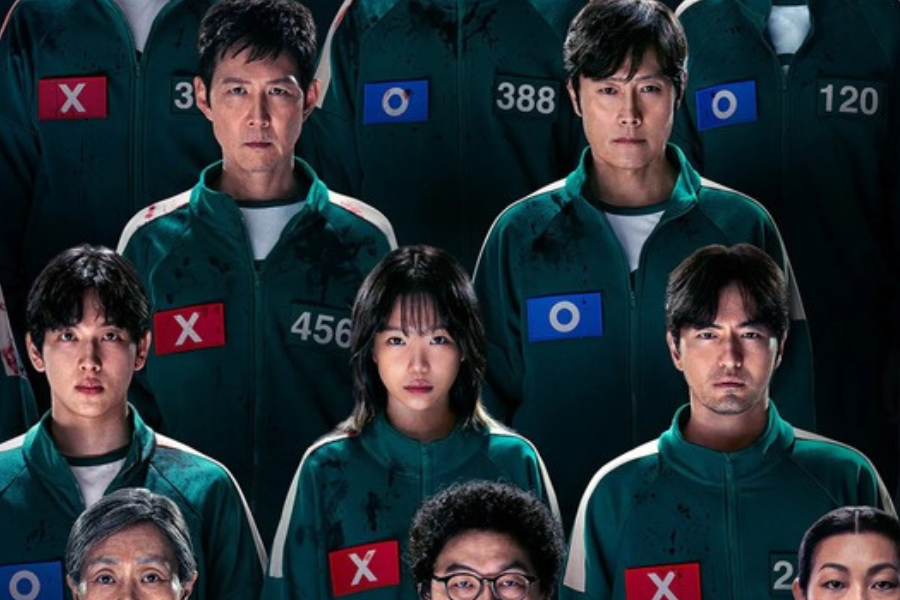Community is the greatest comedy show of all time. To clarify, I mean the greatest live-action comedy show in American history. I can not speak for other countries as sadly I never watched Panchayat or any other international show. What I can say is that Community is better than The Office, Friends, Parks and Recreation, Family Matters, and any other sitcom you would ever bring up. While this may sound ridiculous, I have five major reasons why Community is better than any other sitcom and why you should watch it.
Community was aired on NBC on September 17, 2009. It had a talented and clever group of producers, writers, and director. Community was Dan Harmon’s brainchild. He directed it throughout the first 3 seasons and the last two seasons. He is most famous for another major show of his, Rick and Morty. He based Community around his own experiences in community college and the main character, Jeff Winger, is meant to be a mirror of Harmon. The show is about seven completely different people in completely different circumstances who all arrive at the same ridiculous community college. One of the best aspects of the show is its unique setting compared to many other sitcoms, especially during its time. The show is set at Greendale Community College, a college trying its hardest to be taken seriously, but unable to escape the chaos caused by the students and faculty there. Most shows at the time centered around either a family home or a workplace setting. As a result, they tended to cover a lot of the same storylines within their setting due to the lack of uniqueness. Community circumvents this problem by having the setting constantly change while keeping the setting the exact same. While Greendale remains the same community college throughout the show, the rooms and classes inside constantly change every season, keeping the audience surprised. One day, it can be a Spanish 101 class with an insane teacher. The other day, it can be a paintball game throughout the entire school as a riff on Star Wars. Greendale eventually becomes almost like a character of its own, which helps later on when the study group tries to defend and improve Greendale because the audience has become attached to Greendale.
This brings me to another amazing part of Community that most sitcoms lack. It is the greatest satire comedy of all time. In every episode, there are about 80 different references to all parts of pop culture and history. Once Community became more confident as TV ratings went up, it started doing full satire episodes. Episodes could vary from a dive into a Dungeons and Dragons adventure, a mafia episode based around chicken tenders, or a detective thriller akin to a David Fincher film. Its satirical nature and self aware humor burrowed its way into viewers’ hearts, creating success on NBC. Community was never the most popular show like The Office was, but it always felt more authentic. It could make fun of anything and even the people the show was parodying would still enjoy it.
The most important reason it felt so authentic was the stellar cast and crew behind it. At the time, most of the main cast were either washed up stars, budding stars, or completely in the middle. Joel McHale, Gillian Jacobs, Danny Pudi, Donald Glover, Alison Brie, Yvette Nicole Brown, Chevy Chase, Jim Rash, and Kim Jeong among others all deserve credit for their excellent work together. They brought the right amount of charisma, humor, and a hint of tragedy to make their iconic characters land well. While there were many struggles on set, such as the replacement of Dan Harmon during season 4 and Chevy Chase’s constant controversial actions, the cast were the most consistent part of the show and elevated their characters to a higher level than what most would recognize their characters as on paper. Writers such as Liz Cackowski, Dino Stamatopoulos, Chris McKenna, Megan Ganz, Andy Bobrow, Alex Rubens, Tim Saccardo and Matt Warburton all deserve credit for making a consistent style for their characters and Dan Harmon made and guided the show and created its style of referential humor and emotional comedy.
The characters of Community are what allowed the show to last for six seasons and a movie. The unique combination of different genders, ages, races, and religions create infinite possibilities for the writer and director to play around with. The main character, Jeff Winger, is used as the straight man eventually forced into the role of leader and father of the study group. He starts off as a charismatic, detestable sleazeball who faked his way into a career as a lawyer. As stated previously, the skill of the writers and Joel McHale (who played Jeff) allow the audience to still see Jeff’s humanity and become attached to him as he evolves. Britta Perry starts off as merely an object for Jeff to chase after sexually, but the show plays on this and makes Britta an independent character who may be a failure at times, but always has a heart to try. Abed Nadir breaks many stereotypes as a Muslim majoring in Film Studies, who has many social disorders and interprets the world through pop culture. He is not portrayed as a nerdy archetype, instead usually being the character to cause most of the meta-humor in the show while still being endearing to the audience due to his troubled family life. Troy Barnes also breaks stereotypes as a young African-American jock who eventually grows a close bond with Abed, which helps reveal his nerdier and sweeter side. Troy and Abed’s connection is one of the best parts of the series as their friendship creates some of the best comical and emotional scenes in the show. Annie Edison comes from the same high school as Troy and begins the series as the perfectionist nerdy girl and has to learn to become loose and mature as she grows as an adult. All of the characters show clear growth through the series, unlike many other sitcoms where their characters can have stagnant character arcs for many seasons or the entire show. Shirley Bennett plays into the stereotype of a judgmental Christian and single African-American mother. In one of the show’s few mistakes with their characters, the writers fail to understand Shirley’s character so her growth seems far less important to the plot of the series. Finally, Pierce Hawthorne represents the racist, sexist, disgusting old man character (a reflection of the actor playing him). The show toys with the audience by showing the good side of Pierce and humanizing him, before showing why so many of the characters in the show hate or are annoyed by him. All of the main cast are interwoven together tightly despite being so unique, giving the show one of the strongest main casts of all time.
At the heart of the show was its writing and directing. The show had clever and quick dialogue to create the best possible situation for their characters to shine. The show was never obnoxious about its self-aware humor and there were never unnecessary scenes or moments. Every piece of dialogue served a purpose in the episode or in the future of the series. Even unnecessary parts of the story like Abed gifting a monkey for Troy and letting it leave would come back later to make another scene even funnier when you realize how built up it was. The show also used classic television tropes and would either fully play into them or subvert the expectations of the audience to create suspense or comedy. Dan Harmon’s vision of the series based on his own experiences allowed for a clear main storyline and end result for the characters to get to. Even when he was kicked off the show for a season due to his repulsive actions, his story was not damaged because a lot of it was already planned or was easy to repair and merge back into the main story. The first and best three seasons of Community were mainly directed by the Russo Brothers (Joe and Anthony Russo) and Tristram Shapeero. Their directed style created compelling action beats and the use of the single camera technique allowed for a way to show the fast and quippy dialogue.
Sadly, Community died out after its sixth season on Yahoo Screen! before its comedy style became the common style of comedy for many series nowadays. Even though Community ended, its fan base still lives on and clamors for it to live up to the promise of “six seasons and a movie”. The show now lives on Amazon Prime, Peacock, Apple TV, and YouTube. I hope that these reasons have shown why this show is perfect for you.

